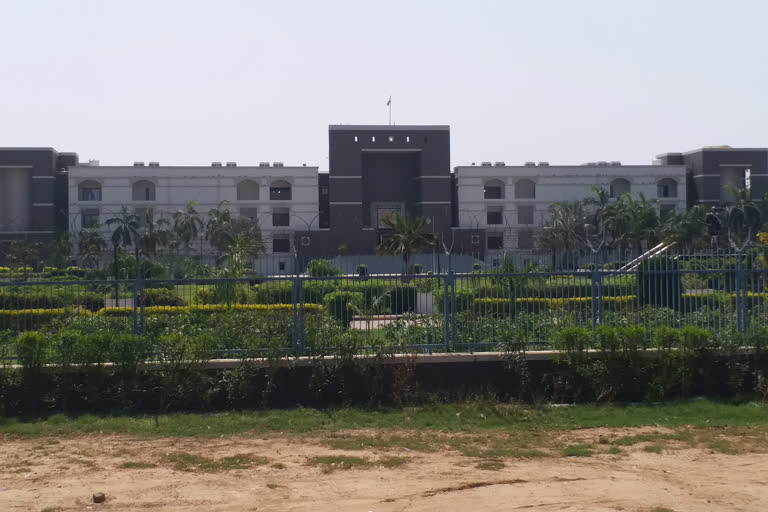Ahmedabad: The Gujarat High Court on Thursday refused withdraw the stay on Section 5 of Gujarat Freedom Of Religion (Amendment) Act, 2021 after Advocate General Kamal Trivedi moved the court seeking removal of the injunction.
On August 19, the High Court stayed some sections of the state law after petitioner Mujahid Nafees representing Jamiat Ulema-e-Hind challenged the provisions. The petitioner has alleged the terms of the provisions under the law are vague and against basic principles of marriage and right to propagate, profess and practice religion as enshrined in the Article 25 of the Constitution.
Seeking to remove the stay on Section 5, Advocate General Trivedi told the court that "permission of the DM was required for legal conversion. If Article 5 is not allowed to have anything to do with marriage, then why should the court stop it?"
However, the petitioner's counsel Mihir Joshi opposed the government's demand and petition. He said that "if Section 5 of the Act was not included in the stay order, the entire court order would become unusable." The High Court further observed that “we find no reason to make any change in the order passed on 19th August," refusing to lift the stay on the Section 5 of the Act.
Also Read: Gujarat HC issues notice to state govt over new anti-conversion law
Mujahid Nafees told the media that "the state government's application was rejected on August 19, upholding the provisions of the Freedom of Religion Reform Act. The government was in a way trying to save its face."
The Gujarat government on Wednesday approached the state high court seeking rectification in its recent order in which it stayed the operation of section 5 of the new anti-conversion law. The government told the Gujarat High Court that section 5 of the Gujarat Freedom Of Religion (Amendment) Act, 2021 "has nothing to do with marriage per se".
On August 19, the high court had stayed sections 3, 4, 4A to 4C, 5, 6 and 6A of the 2021 amended Act pending further hearing and adding that that “(people) shall not operate merely because a marriage is solemnised by a person of one religion with a person of another religion without force or by allurement or by fraudulent means and such marriages cannot be termed as marriages for the purposes of unlawful conversion".
(With Agency Inputs)



